Are you interested in experiencing history firsthand? These are the best open air museums in Spain:
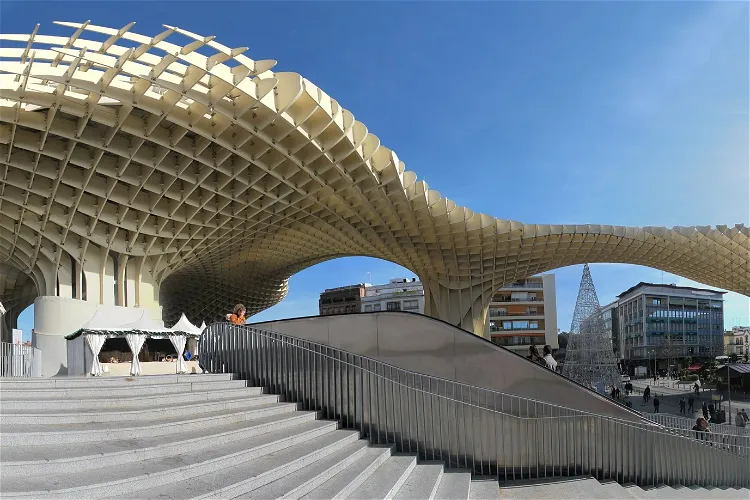
Mushrooms of Seville
SevilleThe Setas de Sevilla, also known as the Mushrooms of Seville, is a significant landmark in the old quarter of Seville, Spain. This large wooden structure is located at La Encarnación square and is a notable attraction for tourists visiting the city. The structure was designed by German architect Jürgen Mayer and was completed in April 2011. It is approximately 150 by 70 metres in size and stands at an approximate height of 26 metres.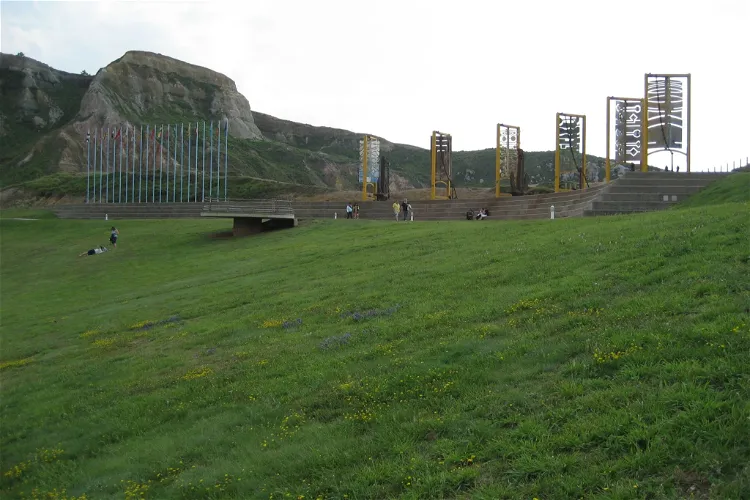
Philippe Cousteau Anchor Museum
CastrillónThe Philippe Cousteau Anchor Museum is an open-air museum situated in Salinas, within the Asturian council of Castrillón in Spain. This unique museum offers a different kind of museum experience as it is not confined within four walls. Instead, it is spread out in the open, allowing visitors to enjoy the exhibits while also taking in the beautiful surroundings.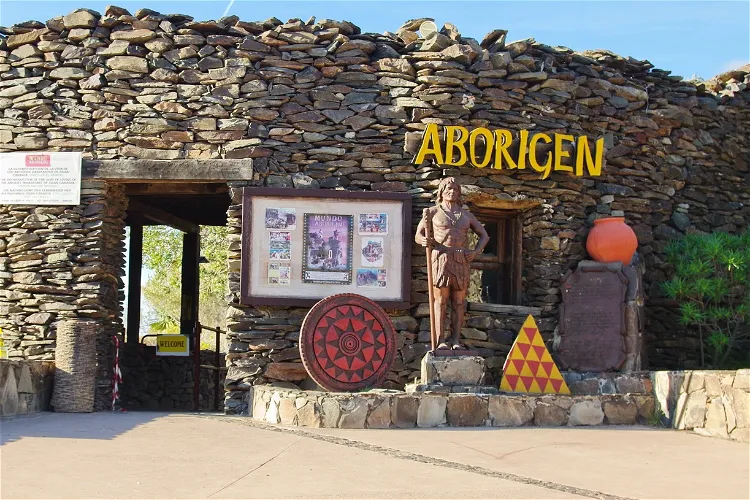
Mundo Aborigen
Las Palmas de Gran CanariaMundo Aborigen is an archaeological open-air museum situated in the municipality of San Bartolomé de Tirajana on the island of Gran Canaria, in the Spanish province of Las Palmas. This location offers a unique opportunity to explore the rich history and culture of the region.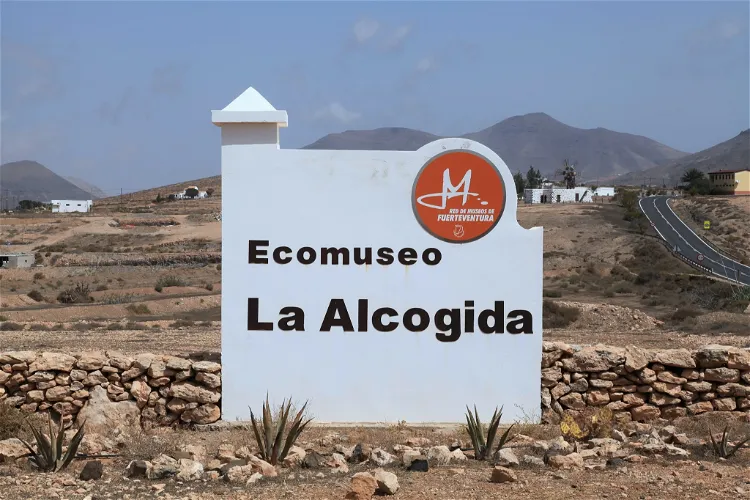
La Alcogida Ecomuseum
Puerto del RosarioAn open-air museum with seven restored houses. You can witness all of the "old life" here - from farming to crafts.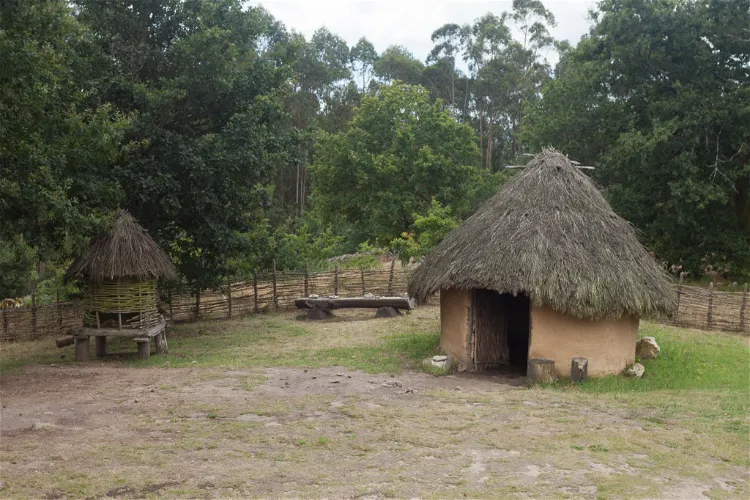
Archaeological Park of Campo Lameiro
Campo LameiroThe Archaeological Park of Rock Art (PAAR) is an open-air park dedicated to rock art. It is located in the municipality of Campo Lameiro in the province of Pontevedra, Spain. This park is a significant destination for those interested in historical and archaeological sites, offering a unique opportunity to explore rock art in an outdoor setting.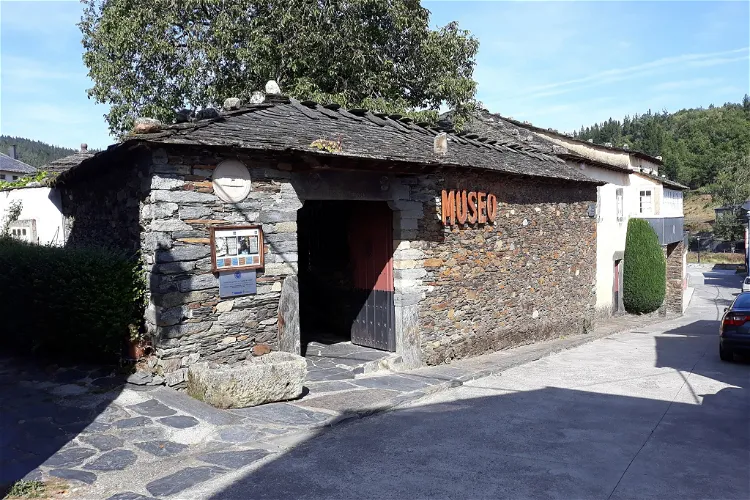
Ethnographic Museum of Grandas de Salime
Grandas de SalimeThe mission of the Grandas de Salime Ethnographic Museum is to collect, preserve, maintain, expand, investigate, communicate, and disseminate the tangible and intangible heritage of an ethnographic nature from Western Asturias. This mission is reflected in the museum's extensive collection of over 11,000 objects, which have been acquired through donations or purchases.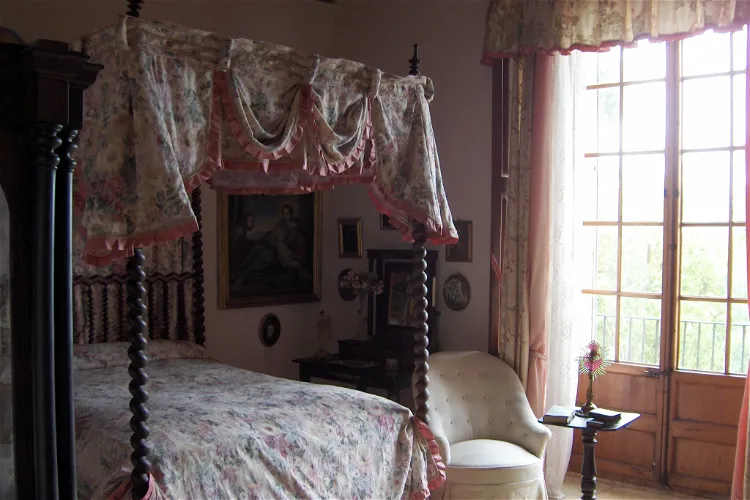
Els Calderers House Museum
San JuanEls Calderers is a historical manor house located in Mallorca, which has been transformed into an open-air museum. Visitors have the opportunity to explore rooms that have been preserved and furnished in their original state, providing a glimpse into the past. This offers a unique experience for those interested in history and architecture.
Caserío-Museo Igartubeiti
Ezquioga-IchasoThe Caserío-Museo Igartubeiti is a unique museum space located in the Guipuzcoan locality of Ezkio, in the Basque Country, Spain. It comprises of the homestead of the same name and an Interpretation Center. This museum complex is centered around the Igartubeiti farmhouse and its constructive and functional characteristics, providing a deep insight into the rural Basque lifestyle and the cider production process.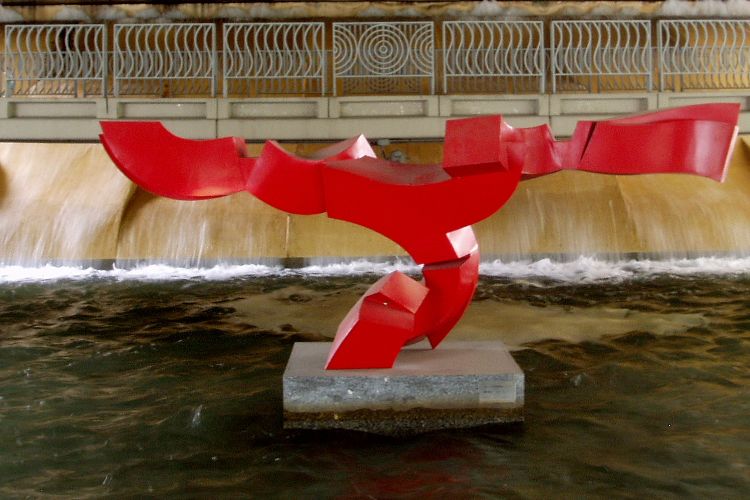
Museum of Public Art
MadridThe Museum of Public Art is an open-air gallery located under a bridge that is home to 17 abstract sculptures made by Spanish artists, such as Joan Miró, Alberto Sánchez and Gustavo Torner. The aim of this art project was to recover this urban space and to make general public aware of Spanish abstra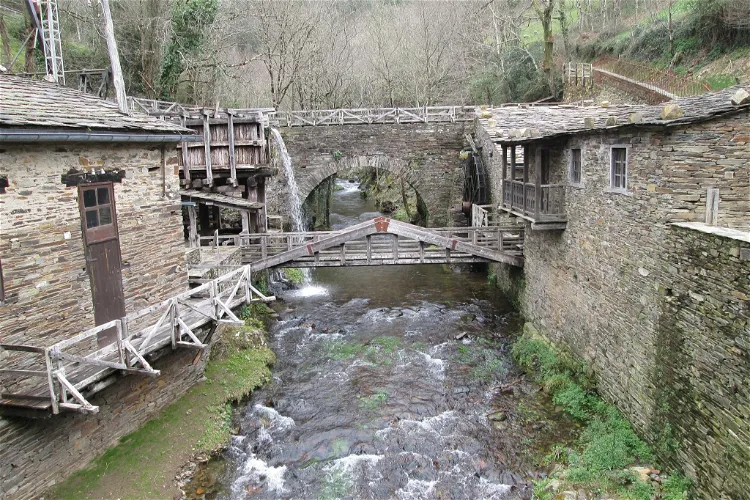
Mazonovo Ethnographic Ensemble
Santa Eulalia de OscosMazonovo, once a town, is now a museum located in the municipality of Taramundi, Asturias, Spain. This transformation from a town to a museum is a testament to the rich history and cultural heritage of the region. Visitors can explore the museum to learn about the area's past and its connection to the iron products' region of the Oscos - Eo rivers.- 11
Ecomuseum of the Ebro Delta Natural Park
Sant Jaume d'EnvejaThe Ecomuseum of Somiedo is situated in the Asturian localities of Caunedo and Veigas, both within the council of Somiedo. This location in the heart of Asturias offers visitors the opportunity to explore the beautiful natural surroundings in addition to the museum itself. The museum's location also provides a context for the exhibits, as they reflect the traditions and culture of the local area.